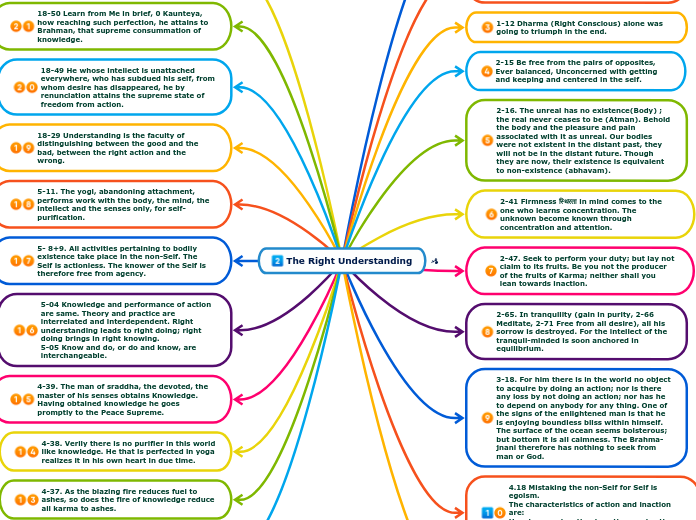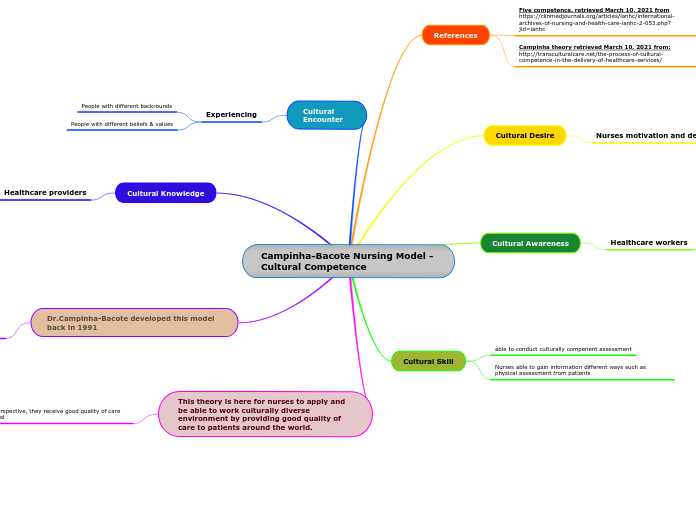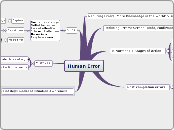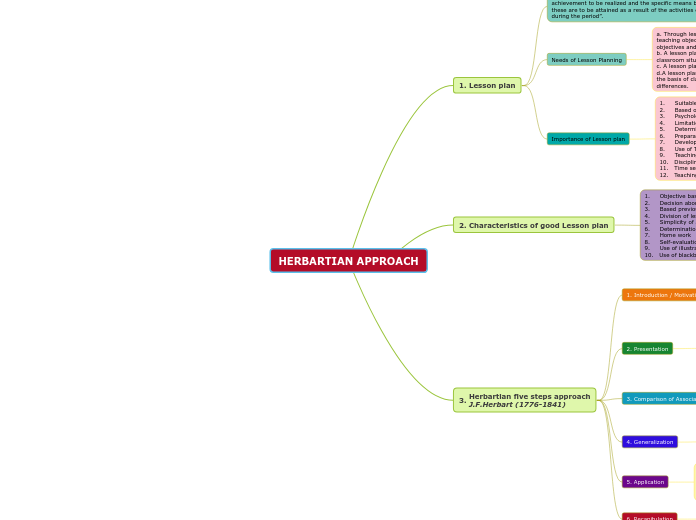av Arpit Banjara 2 år siden
455
2) The Right Understanding
The text discusses the nature of life and the importance of developing a right understanding. Life is portrayed as a constant struggle between right consciousness and guilt consciousness, filled with challenges of varying magnitudes.









